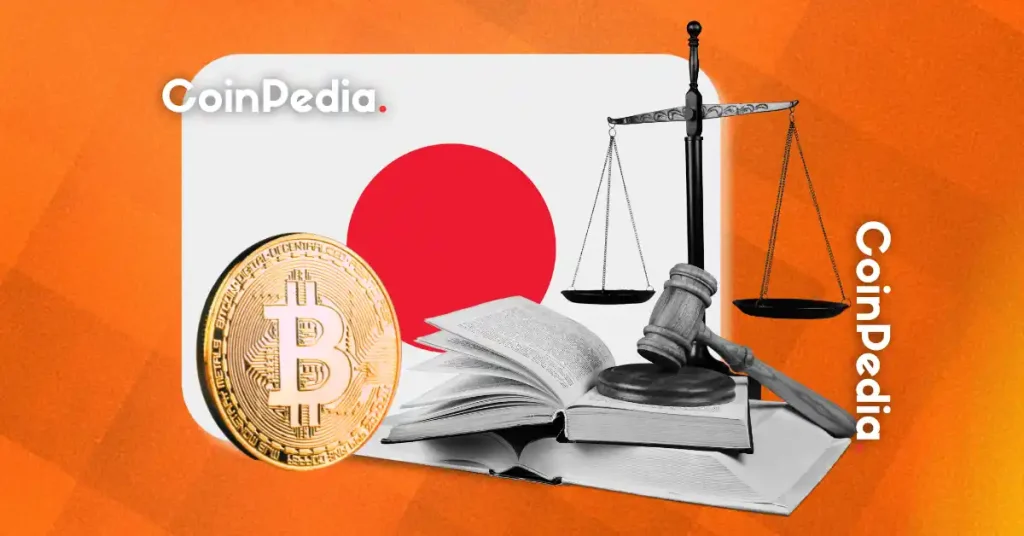
The post Japan Set to Approve First Yen-Backed Stablecoin appeared first on Coinpedia Fintech News
Japan is about to take a major step in digital finance. According to a Nikkei report, the Financial Services Agency (FSA) could approve the country’s first yen-denominated stablecoin as early as this fall. The move reflects Japan’s push to modernize its financial system while keeping tight oversight in place.
JPYC Takes the Lead
The first stablecoin will be launched by Tokyo-based fintech JPYC. The company is registering as a money transfer business with the FSA this month, which is the final step before issuance. If approved, JPYC will start selling its tokens, which will be pegged 1:1 with the yen and backed by cash deposits and Japanese government bonds (JGBs).
JPYC has set bold goals. Within three years, it hopes to issue as much as 1 trillion yen ($6.78 billion) worth of stablecoins. Hedge funds are already showing strong interest, suggesting demand for a regulated yen-backed token is high.
Uses Beyond Crypto
Unlike many stablecoins that are mainly used for crypto trading, JPYC’s token is designed for wider purposes. It could help with cross-border remittances, corporate payments, and decentralized finance (DeFi). For Japanese businesses and individuals, this means faster and cheaper transactions without leaving the country’s regulated financial system.
Japan’s Strict but Supportive Rules
Japan’s approval comes after years of groundwork. In 2022, amendments to the Payment Services Act classified fiat-backed stablecoins as “Electronic Payment Instruments,” limiting issuance to licensed banks, trust firms, and registered providers. By 2023, the country formally labeled stablecoins as “currency-denominated assets,” ensuring robust oversight while clearing the way for adoption.
Ripple Effect on Bonds
JPYC’s arrival could also impact Japan’s bond market. CEO Okabe pointed out that U.S. issuers like Tether and Circle became major buyers of Treasurys as collateral. If Japan follows a similar path, demand for JGBs could rise, potentially reshaping interest rates and drawing more institutional investors. He also warned that countries slow to adopt regulated stablecoins could lose out on this demand, driving up borrowing costs.
Big Banks and Circle Already in the Mix
JPYC isn’t the only player. Sumitomo Mitsui Financial Group (SMBC), Japan’s second-largest bank, has stablecoin plans with blockchain firms Ava Labs and Fireblocks. Circle has also entered the Japanese market; its USDC stablecoin gained FSA approval in March 2025 to trade on SBI VC Trade. Circle is now planning expansion to Binance Japan, bitbank, and bitFlyer, which collectively serve millions of users.
If approved, JPYC’s yen stablecoin could become a benchmark for Japan’s digital economy, combining blockchain efficiency with financial stability. Together with Circle and big banks, it signals that stablecoins are moving into Japan’s mainstream finance, opening a new era for digital money.
U.S. Push for Stablecoin Regulation
Meanwhile, in the U.S., President Donald Trump has stressed the importance of supporting dollar-backed stablecoins, urging lawmakers to create a clear regulatory framework. With new legislation on the horizon, major banks could soon join the market. Bank of America CEO Brian Moynihan has already stated the bank would enter the business once it becomes legal.
Never Miss a Beat in the Crypto World!
Stay ahead with breaking news, expert analysis, and real-time updates on the latest trends in Bitcoin, altcoins, DeFi, NFTs, and more.





